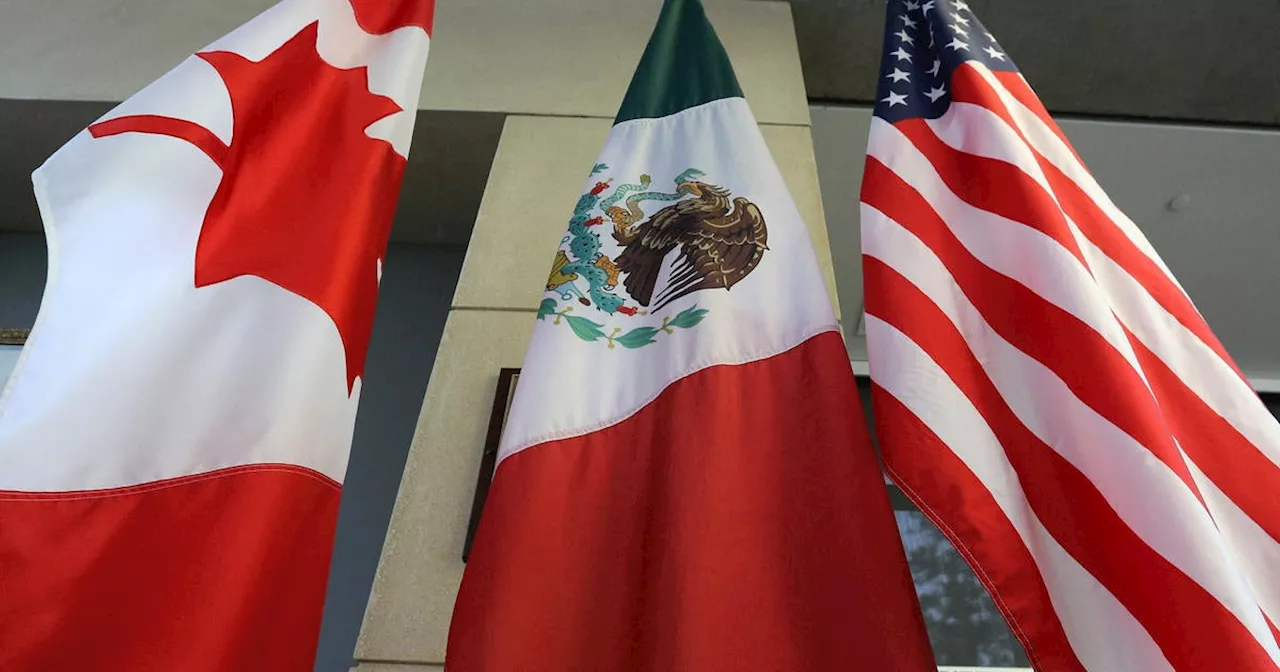The Trump administration is set to impose steep tariffs on goods from Mexico, Canada, and China, potentially leading to higher prices for everyday items. From avocados and beef to cars and lumber, Americans could feel the pinch.
Americans could soon be paying more for everything from automobiles to avocados if the Trump administration proceeds with its plan to slap stiff new tariffs on the nation's three largest trading partners starting Feb. 1. President Trump will impose 25% tariffs on imports from Mexico and Canada starting this weekend, as well as an additional 10% tariff on imports from China, White House spokeswoman Karoline Leavitt said on Friday. While Mr.
Trump describes tariffs as import duties that are paid by foreign countries, they are in fact paid directly to the federal government by U.S. businesses, according to the Tax Foundation, a tax-focused think tank. Rather than swallowing the costs, corporations typically hike their prices for those imported goods to recoup all or some of the expense. \ Who pays the cost? 'If there is a significant increase in tariffs ... those costs will likely be passed onto U.S. consumers and businesses,' Brian Peck, executive director of University of Southern California's Center for Transnational Law and Business, told CBS Los Angeles. 'From Canada, we import oil, lumber, wood and cement,' he added. 'Over 20% of the agriculture products we bring into the U.S. come from Mexico.' One unknown is whether the Trump administration will carve out some exceptions, such as for oil and gas products. Canada provides about 20% of the oil used in the U.S., which means that a 25% tariff on Canadian imports could add 30 to 40 cents a gallon at the pump within days of the new duties taking effect, Patrick De Haan, head of petroleum analysis at GasBuddy, has said. As painful as higher costs might be to U.S. consumers, the biggest impacts would likely be felt by the Canadian and Mexican economies, according to Wendong Zhang, assistant professor of applied economics and policy at Cornell University. A 25% tariff could cause Canada and Mexico to lose 3.6% and 2% of real GDP, respectively, versus a decline of 0.3% for the U.S., Zhang estimated. \Here's what could get pricier for American shoppers if the Trump administration's tariffs take effect. Avocados, beef and other foods Inflation-pinched consumers may face a surge in prices for fruits, vegetables and nuts imported from Mexico, including avocados — just in time for the Super Bowl on Feb. 9. The U.S. imported more than $45 billion in agricultural products from Mexico in 2023, including fresh strawberries, raspberries, tomatoes and beef, according to the U.S. Department of Agriculture. The U.S. also imports Mexican beer, tequila and other drinks and spirits. Meanwhile, the U.S. imported about $40 billion of Canadian agricultural products that same year, including beef, pork, grains, potatoes and canola oil, the USDA notes. A 25% tariff could push prices up for all those products. 'Grocery stores operate on really tiny margins,' said Scott Lincicome, vice president of general economics at the Cato Institute. 'They can't eat the tariffs ... especially when you talk about things like avocados that basically all of them — 90% — come from Mexico. You're talking about guacamole tariffs right before the Super Bowl.' Cars American consumers are increasingly buying cars that are either built in Canada or Mexico or that use parts imported from those nations. The U.S. imported $69 billion of cars and light trucks from Mexico in 2023, and another $37 billion from Canada, according to S&P Global Mobility. On top of that, about $78 billion in auto parts stemmed from Mexico and $20 billion from Canada. For instance, the engines used in Ford's F-series pickup trucks come from Canada. Because U.S. importers are expected to roll any added tariff costs into vehicle sticker prices, the average U.S. automobile price could jump by about $3,000, TD Economics estimates. That would come at a time when the average new car already sells for $50,000 and the average used car for $26,000, according to Kelley Blue Book. Lumber About one-third of softwood lumber used in the U.S. is imported from Canada each year, according to Rajan Parajuli, an associate professor of forest economics and policy at North Carolina State University. Tacking a 25% tariff on Canadian lumber could cause a 'supply shock,' the Forest Resources Association, a trade group, wrote in a December blog post. 'Regarding lumber, the U.S. still needs Canadian supplies to meet its domestic consumption demand,' the group said. Still, the slow U.S. housing market, dampened by mortgage rates that remain close to 7%, could make it hard for companies to pass on the new tariffs through higher lumber prices, some economists said. 'Lumber prices are expected to rise, although a slower U.S. housing recovery, burdened by higher prices, will limit the extent to which exporters will be able to pass on price increases,' Oxford Economics noted in a Jan. 31 research note
TARIFFS TRADE MEXICO CANADA CHINA ECONOMY INFLATION CONSUMER PRICES AUTOMOBILES LUMBER FOOD
United States Latest News, United States Headlines
Similar News:You can also read news stories similar to this one that we have collected from other news sources.
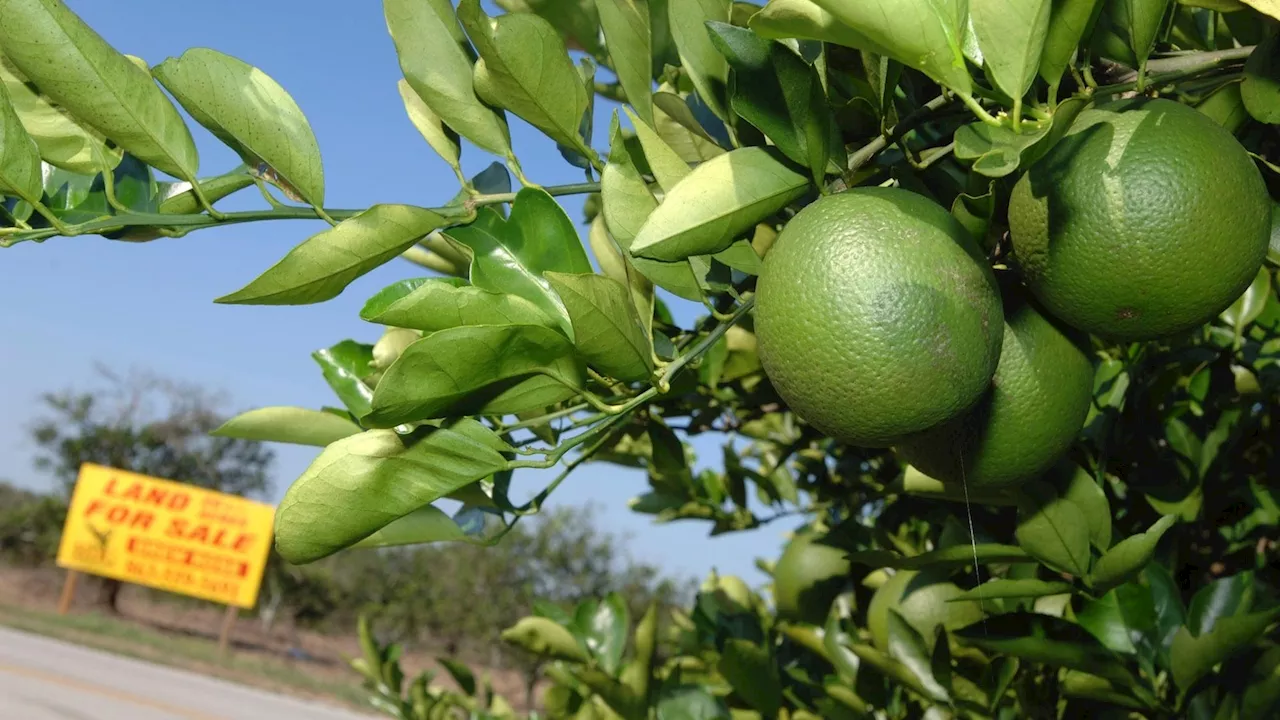 Canada Threatens Retaliatory Tariffs on US Goods if Trump Imposes 25% TariffsCanada is considering retaliatory tariffs on American products if President-elect Donald Trump follows through on his threat to impose 25% tariffs on all Canadian goods.
Canada Threatens Retaliatory Tariffs on US Goods if Trump Imposes 25% TariffsCanada is considering retaliatory tariffs on American products if President-elect Donald Trump follows through on his threat to impose 25% tariffs on all Canadian goods.
Read more »
 Trump Tactical Targeted Tariffs: A Reminder of the Impact of TariffsMarket Overview Analysis by Michael Ashton covering: Starbucks Corporation. Read Michael Ashton's latest article on Investing.com
Trump Tactical Targeted Tariffs: A Reminder of the Impact of TariffsMarket Overview Analysis by Michael Ashton covering: Starbucks Corporation. Read Michael Ashton's latest article on Investing.com
Read more »
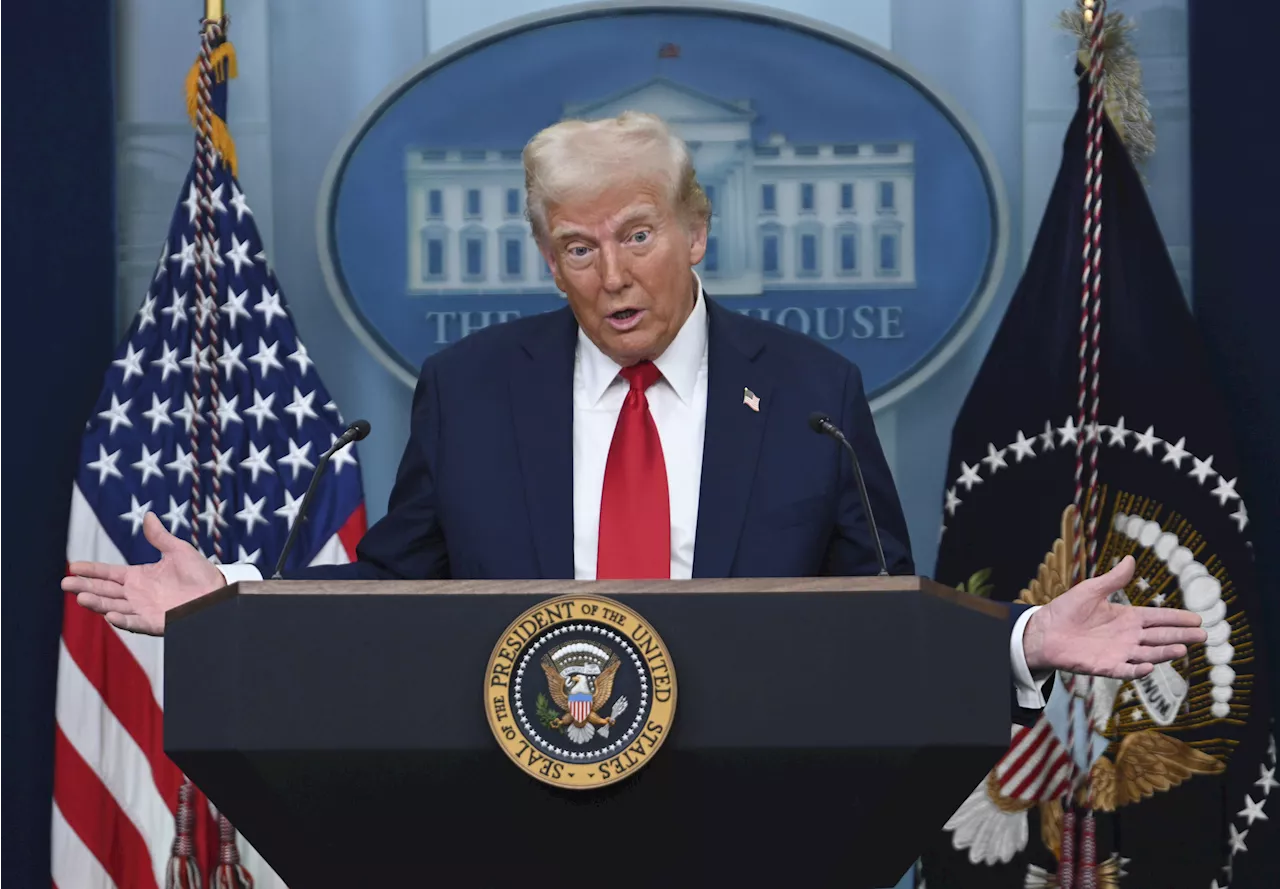 Trump Tariffs LIVE: President Will Impose 25% Tariffs on Mexico and Canada TomorrowPresident Donald Trump is planning to impose 25% tariffs on imports from Canada and Mexico starting tomorrow. Follow Newsweek's live blog for updates.
Trump Tariffs LIVE: President Will Impose 25% Tariffs on Mexico and Canada TomorrowPresident Donald Trump is planning to impose 25% tariffs on imports from Canada and Mexico starting tomorrow. Follow Newsweek's live blog for updates.
Read more »
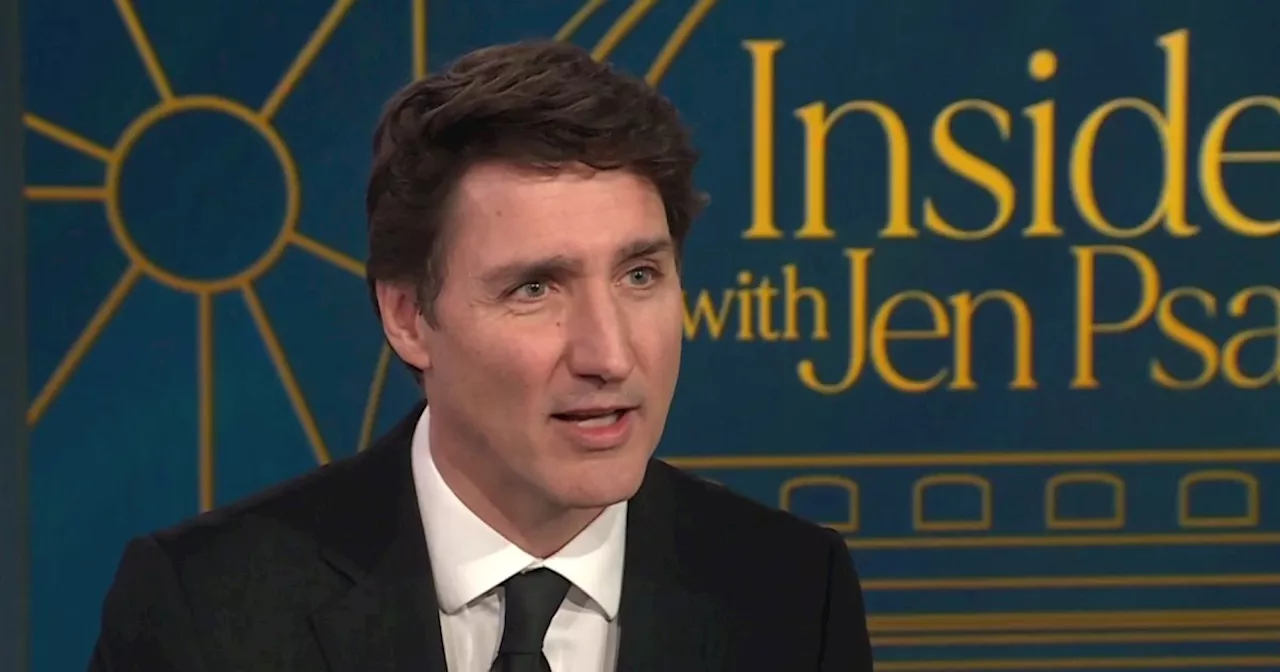 Trudeau: 'We Are Ready to Respond with Tariffs as Necessary' | Trudeau Reacts to Trump Trade ThreatCanadian Prime Minister Justin Trudeau discusses Trump's trade proposal and the implications for Canada.
Trudeau: 'We Are Ready to Respond with Tariffs as Necessary' | Trudeau Reacts to Trump Trade ThreatCanadian Prime Minister Justin Trudeau discusses Trump's trade proposal and the implications for Canada.
Read more »
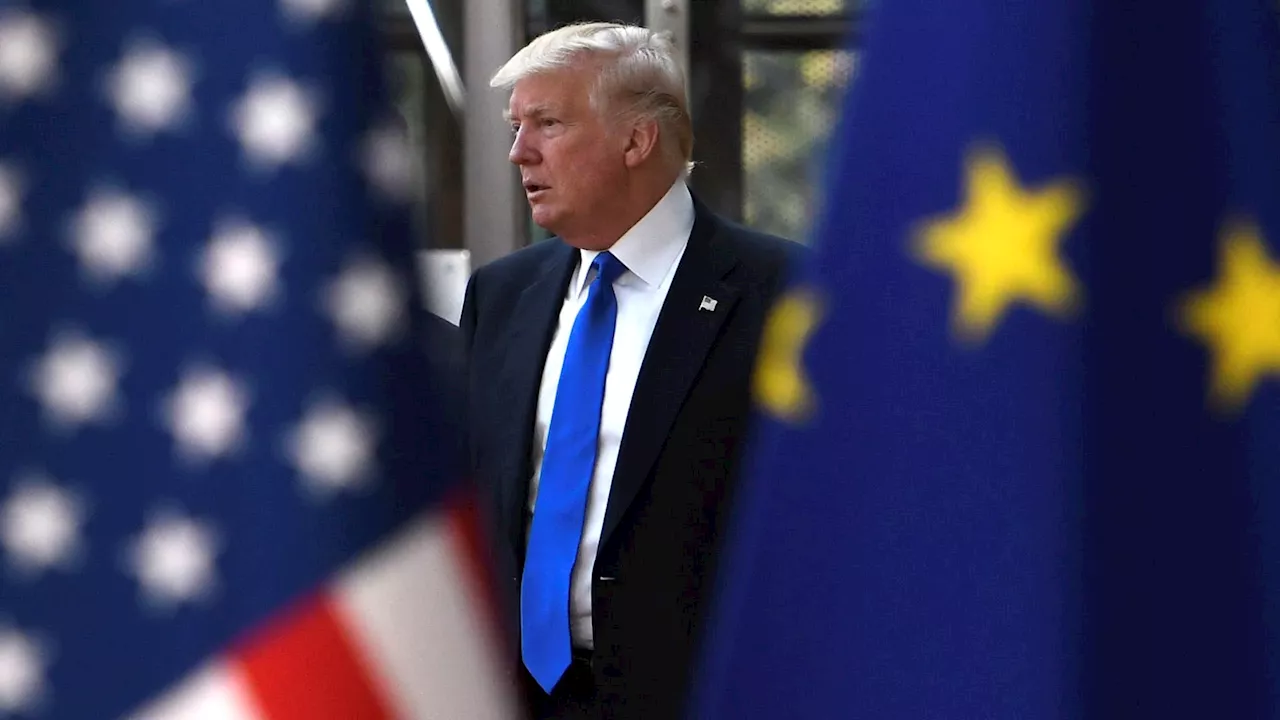 Europe ready to respond 'in a proportionate way' as Trump touts tariffs, top EU official saysEurope will respond to any tariffs imposed by President Donald Trump in a proportionate way, the European Union's commissioner for the economy told CNBC Wednesday.
Europe ready to respond 'in a proportionate way' as Trump touts tariffs, top EU official saysEurope will respond to any tariffs imposed by President Donald Trump in a proportionate way, the European Union's commissioner for the economy told CNBC Wednesday.
Read more »
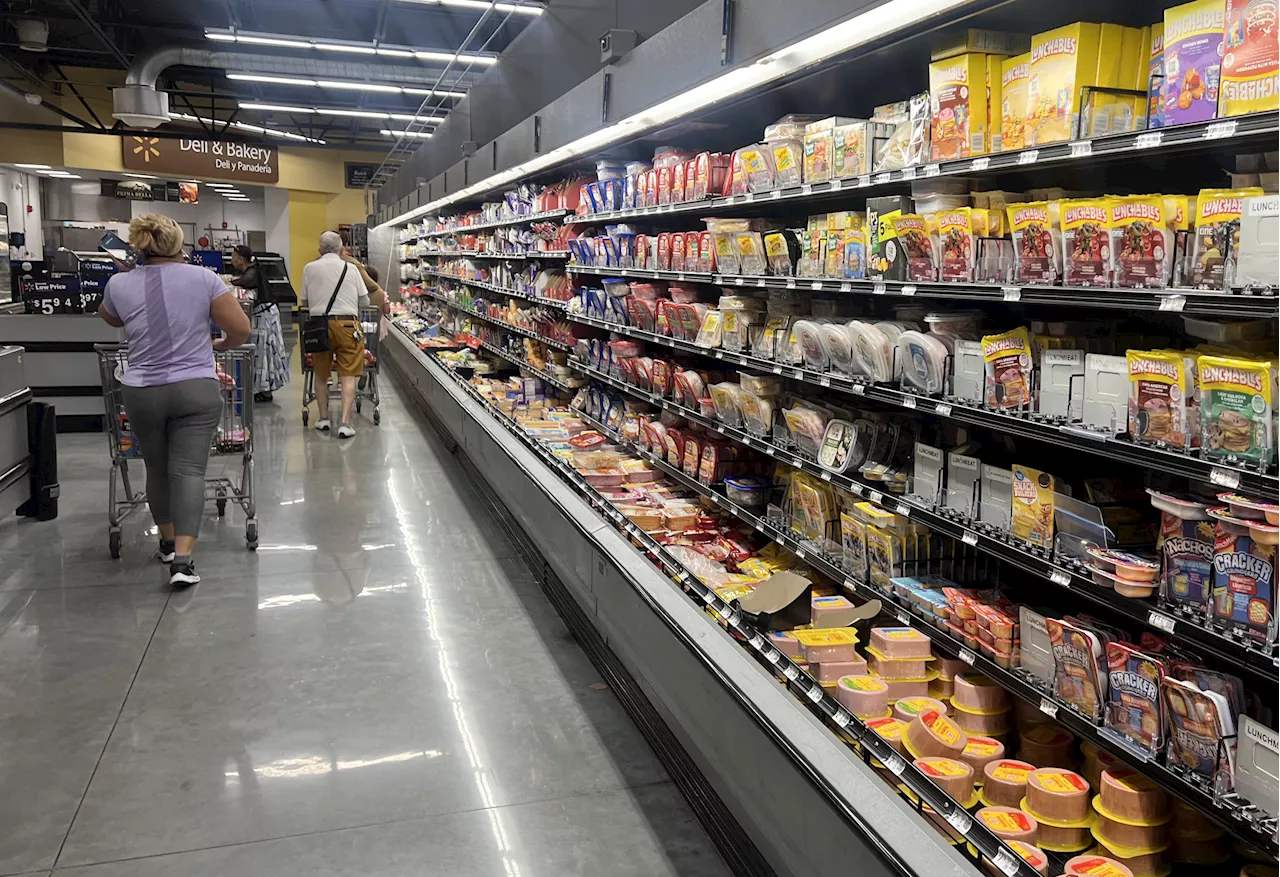 Trump's Tariffs on Mexico and Canada: Get Ready for Higher PricesPresident Donald Trump's proposed tariffs on Mexico and Canada threaten to raise the cost of several goods for Americans, with food, cars, gas, and beer expected to be among the most affected. Experts warn that the tariffs will likely lead to price increases in the short term as producers pass on the higher costs to consumers.
Trump's Tariffs on Mexico and Canada: Get Ready for Higher PricesPresident Donald Trump's proposed tariffs on Mexico and Canada threaten to raise the cost of several goods for Americans, with food, cars, gas, and beer expected to be among the most affected. Experts warn that the tariffs will likely lead to price increases in the short term as producers pass on the higher costs to consumers.
Read more »
